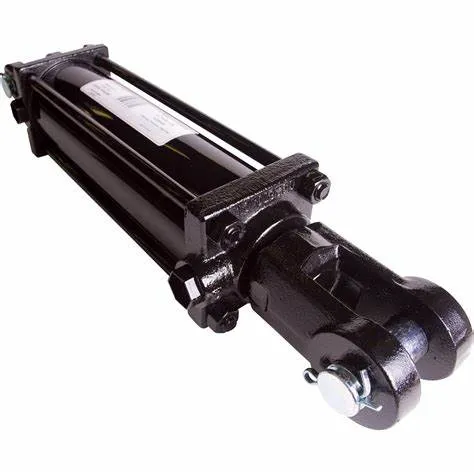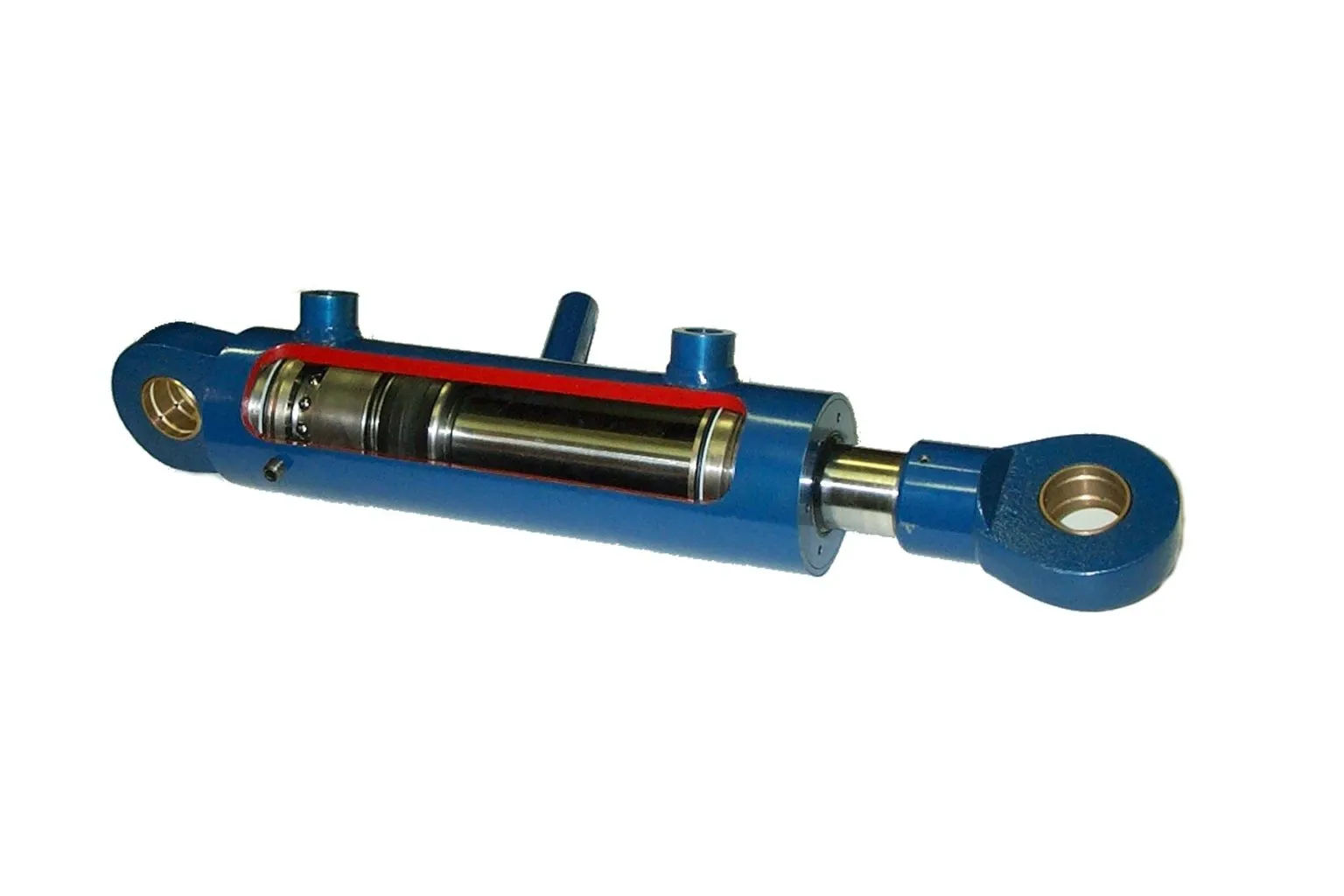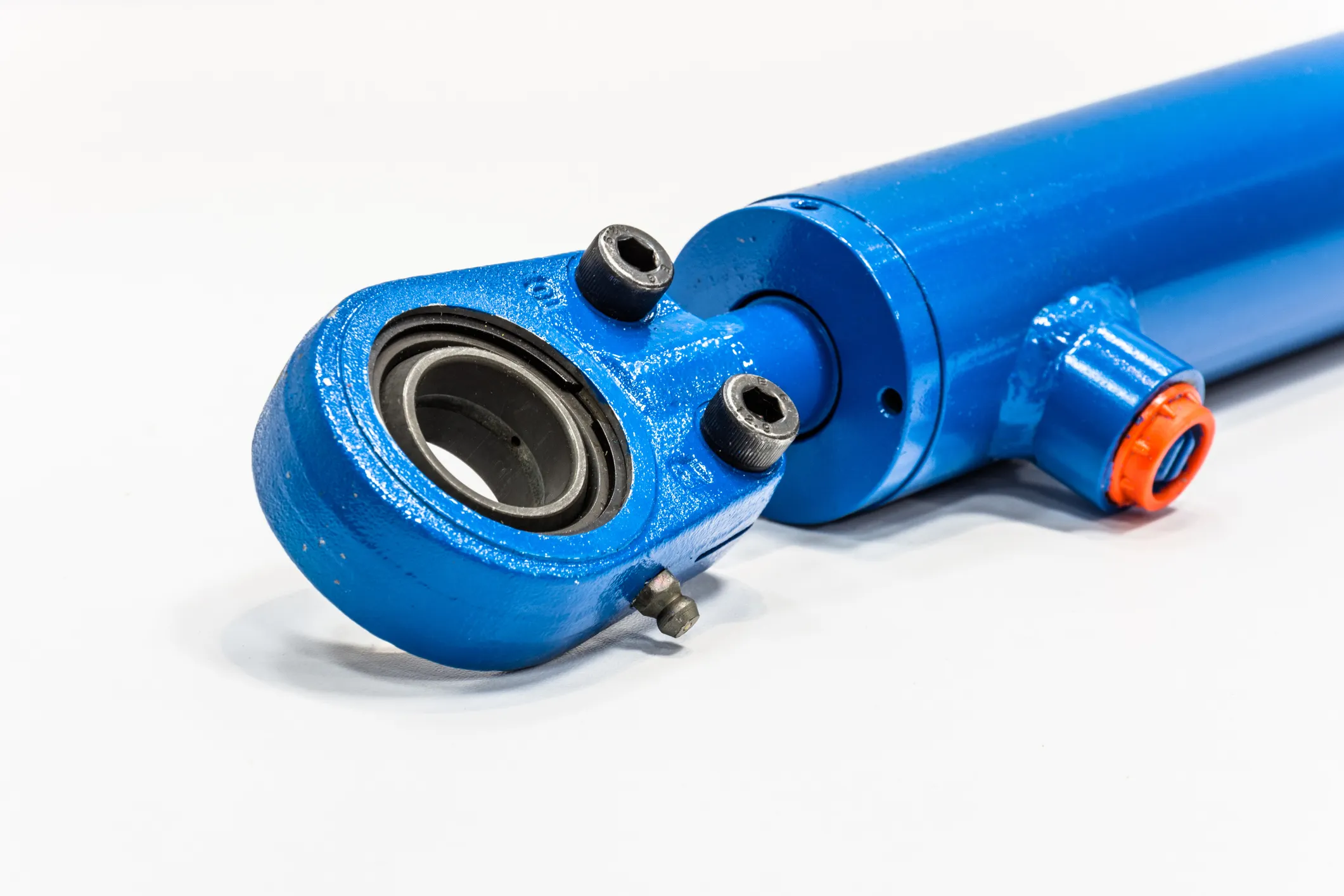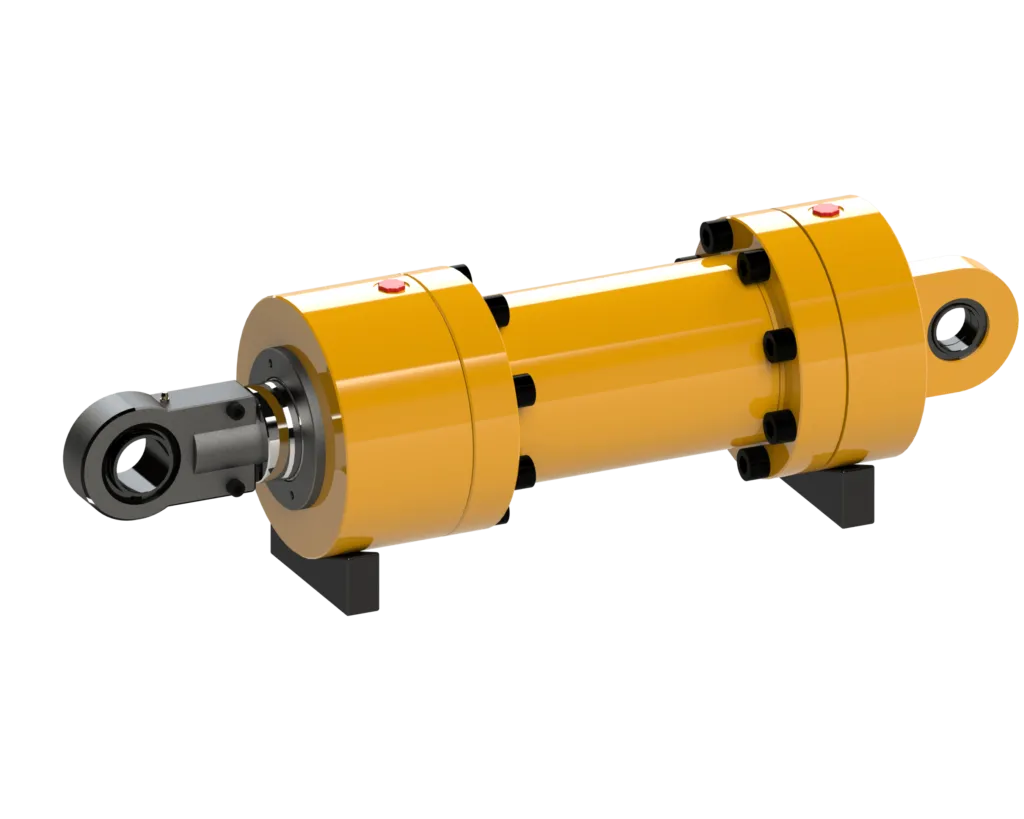Exploring the Cost of Spring-Return Single-Acting Hydraulic Cylinder
Introduction to Spring-Return Single-Acting Oil Cylinder
The spring-return single-acting oil cylinder is a hydraulic cylinder that utilizes hydraulic oil to expand the piston. When pressure is released, the built-in spring automatically retracts the piston.
Design and Construction Characteristics
- Single-Acting Structure: Operates in one direction through hydraulic oil pressure, with return depending on the built-in spring.
- Spring Selection: Appropriate spring must be chosen for quick and complete reset after hydraulic pressure release.
- Sealing Design: High-quality sealing materials prevent oil leakage, ensuring system efficiency and safety.
- Strength and Durability: Material selection considers the ability to withstand high pressure and impact, typically using high-strength steel.

Construction and Assembly Process
The assembly process requires precise component alignment, especially between the piston and cylinder block, to minimize friction and wear.
- Welding and Connection: Strong welding and mechanical connections prevent oil leakage or breakage under high pressure.
- Testing and Debugging: Strict pressure and functional testing ensures proper operation in real-world conditions.
Working Principle
The spring-return single-acting hydraulic cylinder operates by pushing the piston outward with hydraulic oil pressure. When pressure is released, the spring mechanism retracts the piston.
Types and Configurations
There are three main types of spring-return single-acting hydraulic cylinders, each with specific configurations to suit various applications.
Key Benefits
- Safety: Automatic reset reduces the risk of accidents.
- Simplicity: Easy design reduces points of failure.
- Cost-Effective: Economical compared to double-acting cylinders.
- Flexible Operation: Suitable for one-way thrust applications.
Application Scenarios
- Industrial Machinery: Used in presses for quick returns.
- Automated Assembly Line: Ensures stability during processing.
- Construction Equipment: Commonly used in hydraulic jacks for lifting and support.
Design Considerations
Considerations such as bearing capacity, sealing, durability, safety, and maintainability are crucial in the design and selection process.
Sealing and Lubrication
Various seals and lubrication practices, including fine treatment of cylinder surfaces, help prevent oil leakage and ensure smooth operation.
Preventive Maintenance
Regular inspections and maintenance measures are essential to prolong the lifespan and efficiency of the hydraulic cylinder.
Installation Guide
Proper installation ensures optimal performance and safety of the spring-return single-acting hydraulic cylinder.
Maintenance Tasks
Common maintenance tasks include inspection, lubrication, seal replacement, and calibration to ensure smooth operation.
Safety Considerations
Emphasize the importance of safety measures and environmental factors when using the hydraulic cylinder.
Unit Power
Factors like hydraulic system pressure, piston area, and spring characteristics influence the unit power output of the hydraulic cylinder.

Optimizing Power Unit
Optimizing the power unit can enhance efficiency, save energy, and improve reliability of the equipment.
Questions and Answers
Answering common questions regarding the workings, applications, advantages, limitations, and performance factors of the spring-return single-acting hydraulic cylinder.
Long-Tail Keywords
Explaining three long-tail keywords related to the spring-return single-acting hydraulic cylinder for better understanding.
Company Focus
Introduction to our company as a leading hydraulic cylinder manufacturer and distributor, highlighting our product line and services.

Author: lyl

